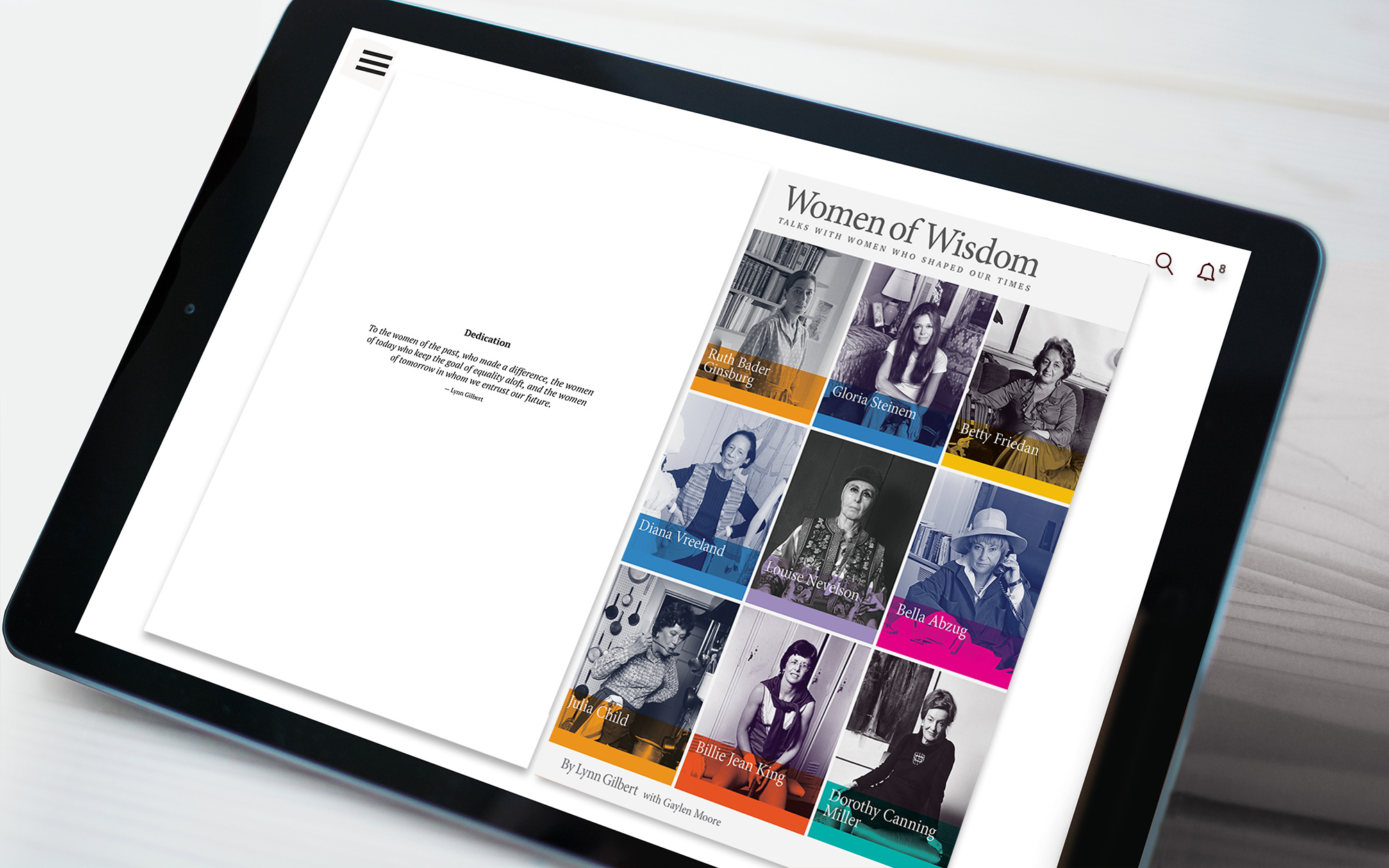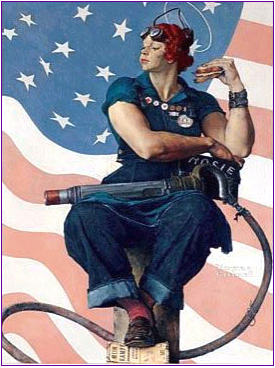"I’ve been attacked viciously on a personal level for my ideas. It makes you want to go home and cry and never do anything ever again. The attacks are sort of inevitable. It’s hard to be opposed by men and/or women who feel women are inferior. That’s hard. They do a lot of things to you. They’re always attacking you sexually or saying you’re abnormal as a woman, that’s the most prevalent kind of attack, 98 percent. But I think what’s harder for all of us to take is attacks by other women who appear to believe the same things we do. It’s a tiny percentage of the attacks but it’s much more painful. It isn’t as if women had a choice. We’re all damaged people in some way. If you’re a woman who hasn’t been able to do what you want and need to do as a human being, and you see some other woman who is apparently more successful, then you want to say, “How dare she, she’s just another woman like me.” It’s self-hatred. It’s something that happens in the black movement. It happens in every group that’s been told systematically that it’s inferior. Ultimately, you believe it. You believe that your group is inferior, then it makes you angry at the other members of it and it makes you devalue them. There’s no solution for it, I don’t think, except to make a world in which women can be whole people. I only speak about it because it hurts the most."
– Gloria Steinem, from 'Particular Passions: Talks with Women Who Shaped Our Times', by Lynn Gilbert. The oral biography of Gloria Steinem, whose dedication to feminism and social justice continues to improve life for millions of people worldwide.






